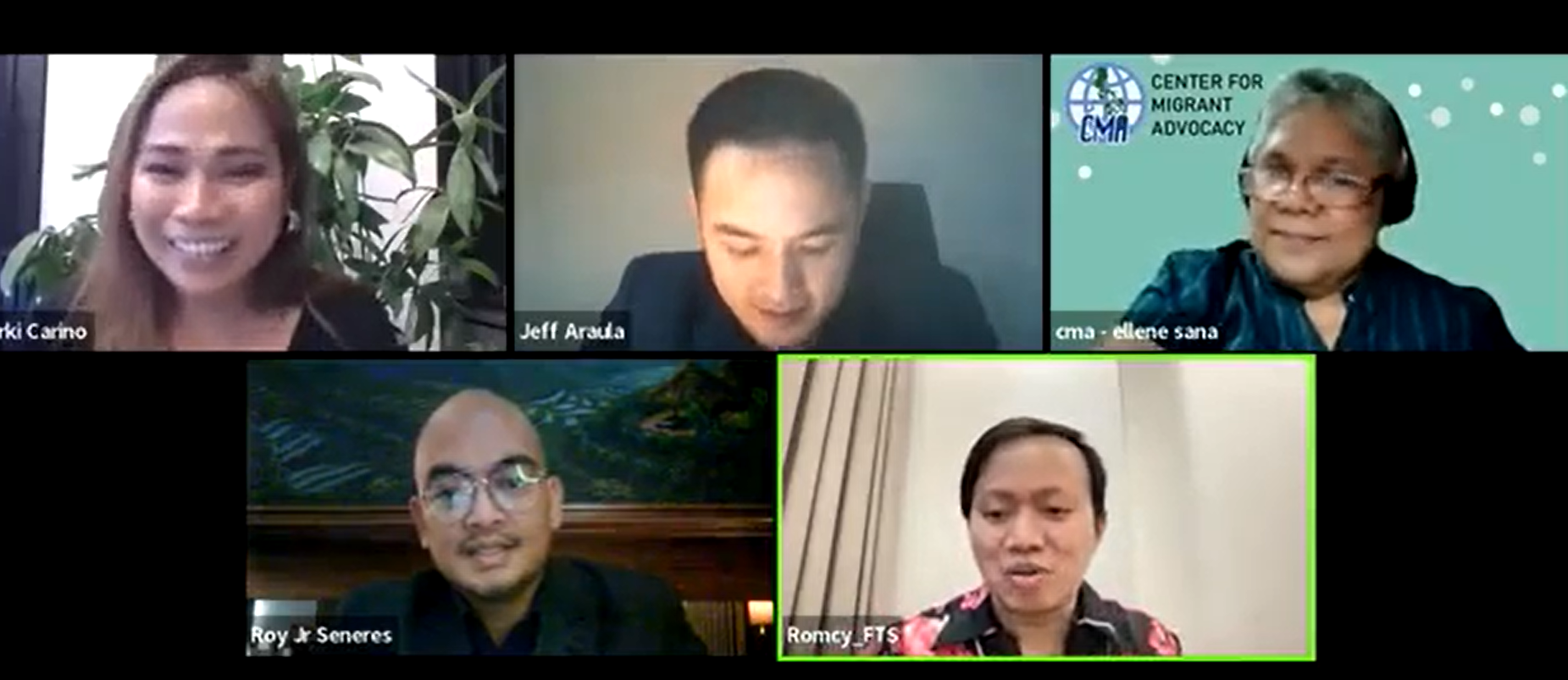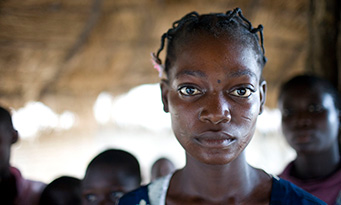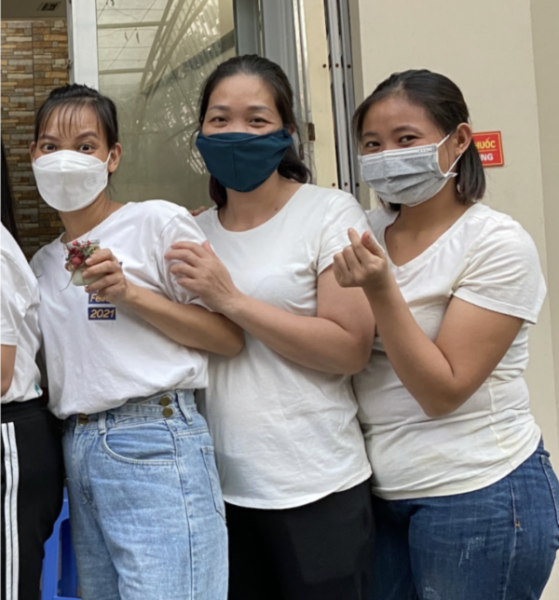With a “knot” in her throat, Free the Slaves Freedom Award winner Josefa Condori Quispe recounted her ordeal in slavery.
“We have to tell this very sad story,” she said.
Her personal testimony was a highlight of an Organization of American States roundtable in Washington to spotlight domestic servitude in the Americas.
Josefa was sent away from home to work as a maid at age 9, when her father died and her mother could not make ends meet.
Josefa was excited at first, heading from rural Peru to the teeming metropolis of Lima. She was promised schooling and shoes if she worked as a nanny and maid.
But the promises were never kept. “It was not the Lima I had dreamed about,” Josefa recalled in a video played at the OAS event. “I felt asphyxiated there.”
Josefa told more than 125 diplomats and human rights activists at the roundtable event that domestic slaves become “invisible” because they toil alone inside wealthy homes. Other speakers agreed. In many countries, household workers are exempt from legal standards that protect other types of employees.
“Having a place where the labor laws don’t apply creates a zone of impunity or abuse,” said the U.S. State Department’s top anti-trafficking official, Ambassador Luis CdeBaca. He said that officials must “send a message to those in domestic service…their work matters.”
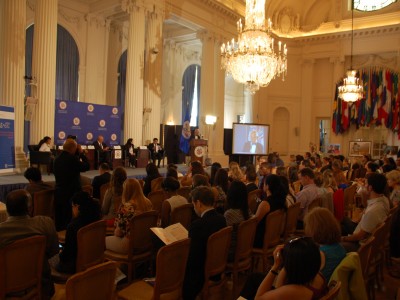
OAS Policy Roundtable: Raising Awareness of Domestic Servitude in the Americas | Photo: FTS/FitzPatrick
The roundtable was designed to spark efforts throughout the Americas to confront and overcome the problem of slavery in private homes. Millions of women — and men — are on the move worldwide, migrating from impoverished rural areas to cities, and from poorer countries to wealthy ones, seeking jobs and better lives.
Many times, they end up being tricked by traffickers posing as legitimate labor recruiters. There is growing awareness that many maids, gardeners, cooks, nannies and other domestic helpers these days are held in conditions that constitute modern-day slavery.
The International Labor Organization (ILO) released a report earlier this year estimating that more than 50 million people work as domestic servants worldwide, many of them in conditions of slavery.
Two weeks ago, the ILO released research indicating that 10 million of those domestic servants are children. A new international convention aims to curb abuses.
The deputy director of the ILO’s Washington office, Erick Zeballos, said during the roundtable that the new ILO pact is designed to create “guidelines for national legislation” to end the “deplorable” conditions in which many domestic servants work.
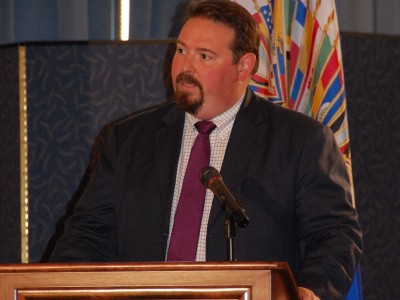
U.S. Ambassador-at-Large to Monitor and Combat Trafficking in Persons Luis CdeBaca | Photo: FTS/FitzPatrick
Mareclina Bautista of the International Domestic Workers Network in Mexico City stressed that a person trapped in household slavery needs to be viewed as “a worker that enjoys full rights.”
FTS Director of Programs Karen Stauss noted that solving domestic servitude will require action at both governmental and community levels. She outlined how FTS’ program in Haiti works to educate and empower impoverished rural communities, where parents often feel they have no choice but to send children away to work as servants in the city.
“It’s very important to link the communities back up to the government,” Karen said. “This problem will not end only with government, and it also will not end only with community mobilization. Everybody’s shoulder needs to be up against the big boulder of slavery.”
As the roundtable came to a close, the OAS announced that a follow-up event to develop technical solutions to the problem of domestic servitude will occur later this year in Peru.
As a Peruvian, Josefa noted how important it is to eradicate this form of slavery – which affects primarily young girls – “so that no child is going to have to go through this.” Josefa now runs a shelter in Cuzco to help others who have escaped domestic slavery. It’s called Centro Yanapanakusun, which means: “Let’s Help Each Other.”
Free the Slaves would like to thank OAS Anti-Trafficking in Persons Section Coordinator Fernando Garcia-Robles for inviting FTS Executive Director Maurice Middleberg to moderate the roundtable and inviting FTS Programs Director Karen Stauss to speak — as well as for providing an opportunity for FTS to present Josefa’s Freedom Award to her at this prestigious event. Read the OAS news release about the event here.

